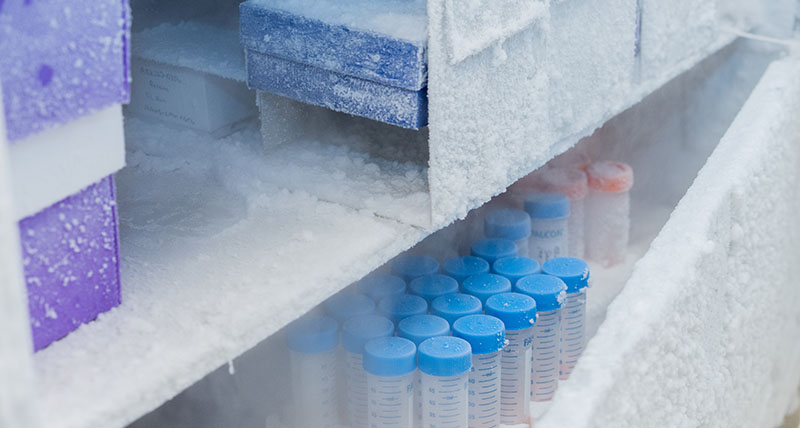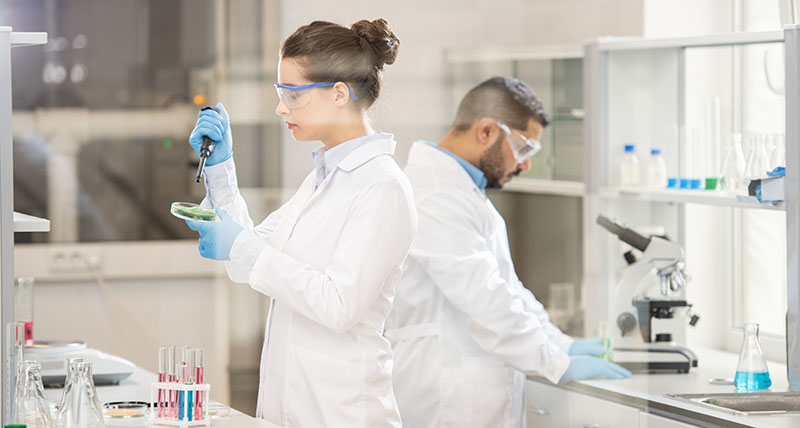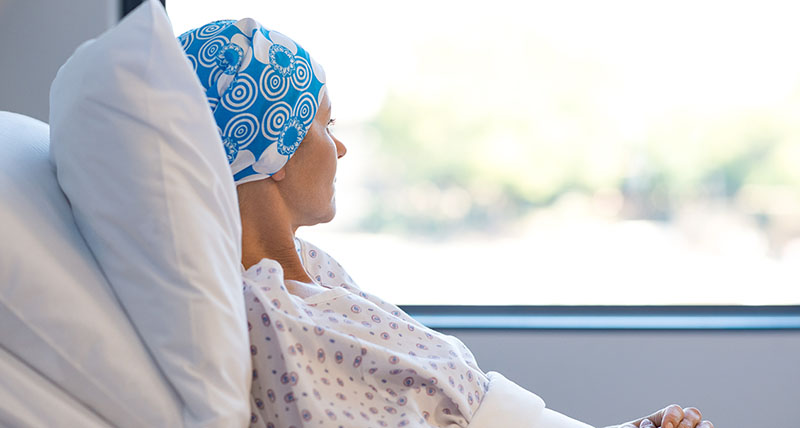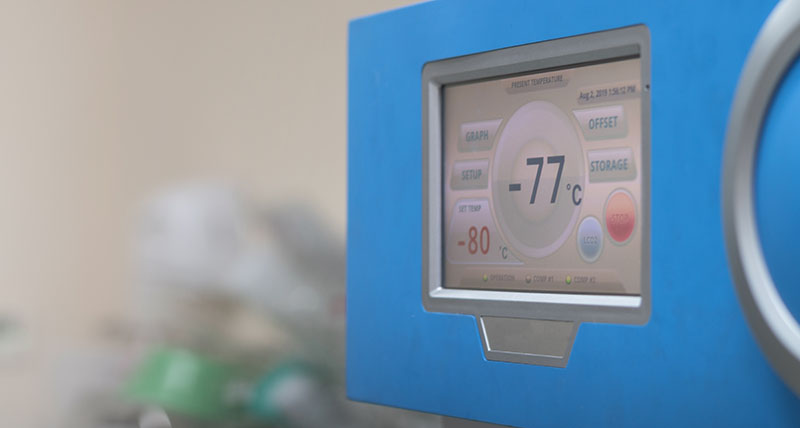90% of biomedical research requires human biological samples and associated clinical data, so without donors it would be impossible to find new treatments for cancer and other majority and minority diseases.
If you want to collaborate as a donor and help future patients benefit from medical advances, the Xarxa de Bancs de Tumors de Catalunya (XBTC) has everything you need to know:
What is a tumour bank?

Tumour banks keep samples of tumour tissues and associated data from patients with cancer and other diseases in order to support biomedical research. Each tumour bank is part of the biobank at a public or private hospital and is a non-profit organisation. Its function is to serve as a bridge between donors and researchers, ensure the donors’ wishes are respected and that the process is carried out in accordance with applicable legal frameworks.
Tumour banks manage everything from collecting the samples and clinical data from donors to processing, storing and transferring these samples to scientific projects, all overseen by science and ethics committees.
What are the samples used for?

Having samples and associated data from patients with cancer or other diseases allows scientists to study these pathologies more in depth, understand why they occur and help develop treatments to prevent or cure them.
How are samples taken?

The samples come from diagnostic tests patients undergo at one of the XBTC hospitals when there is a surplus after they are used for healthcare purposes. Sometimes, the patient may be asked to donate an additional vial of blood when having it drawn for healthcare purposes. This way, the donors don’t have to do anything extra to give the sample.
These samples can be solid (from tissues) or liquid (blood or derivatives). In some special cases, if the project requires, other types of samples may be requested specifically, such as saliva, urine, semen or stool.
The XBTC’s collections of samples are mainly from oncology patients, but the biobanks in the network also store samples from neurodegenerative, metabolic, paediatric and other diseases.
What is the XBTC’s role in this process?

In 2007, the XBTC was established, comprising the tumour banks at eleven benchmark hospitals in Catalonia. The XBTC receives funding from the Oncology Plan of the Government of Catalonia, through the Catalan Institute of Oncology (ICO).
The XBTC aims to make available to the scientific community an extensive collection of human biological samples and associated data, with all tumour pathologies represented.
Any research project anywhere in the world can use these samples and the associated data. The only requirement is for the project to be approved by an ethics committee and for the researchers to place a request with the XBTC explaining why they need the samples. This request is assessed by the ethics and science committees at each biobank in the network.
Quality control

The biological samples are stored in the best conditions to ensure traceability, quality and safety for years: at room temperature, in ultra-freezers at -80 °C or in liquid nitrogen tanks at -196 °C, all in restricted areas only open to authorised personnel. The equipment has temperature-control systems supervised 24 hours a day, 7 days a week.
Work follows a Quality Management System to ISO 9001:2015 standard with yearly internal and external audits.
Data protection

The personal data obtained through the donation will be processed and stored confidentially according to current law at all times.
The research is conducted with biological samples, but it is often essential to also analyse the clinical data associated with the sample. That’s why donors are notified of the need to make information on their disease available, which is encoded and processed confidentially.
